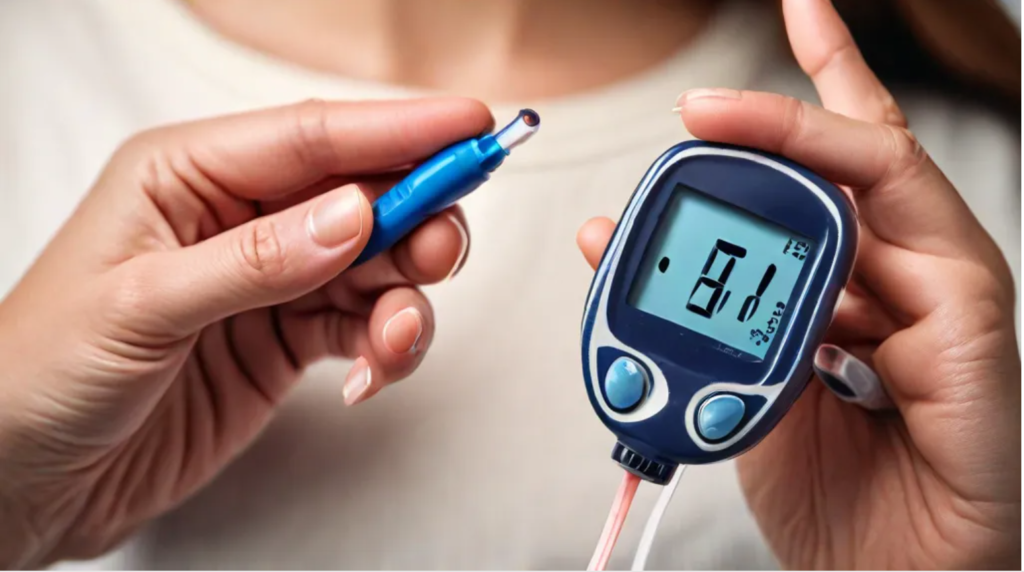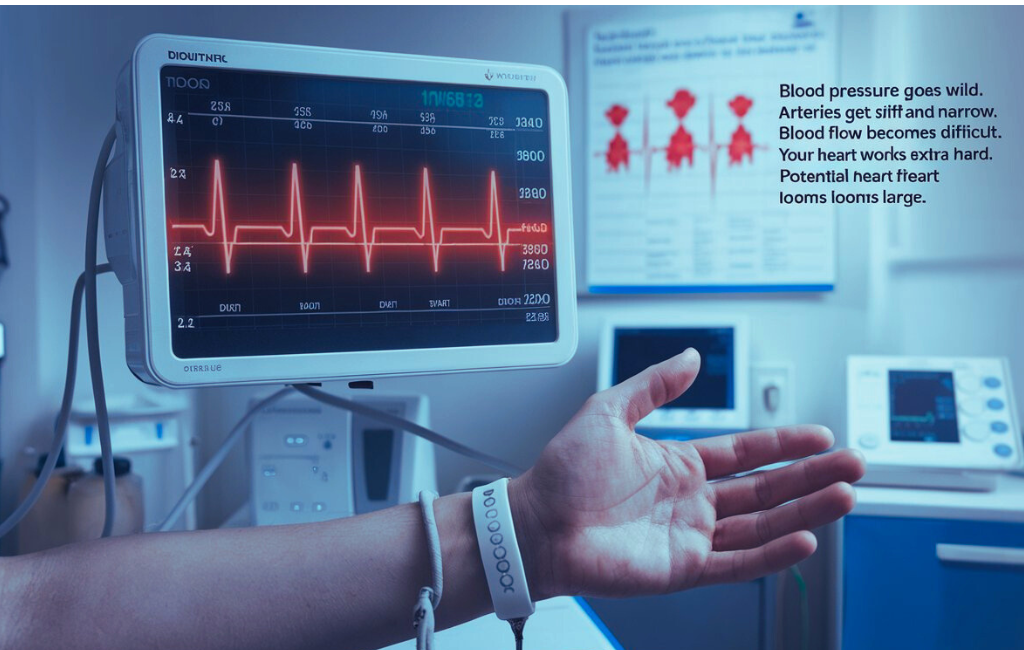Diabetes impacts millions worldwide. It’s a serious health challenge that needs understanding. People feel scared when they hear this word. But knowledge is power!
What is Diabetes?
Diabetes happens when your body can’t control blood sugar right. Your pancreas stops making enough insulin. This leads to high sugar levels in your blood. Some people get it from family. Others develop it through lifestyle choices.
Insulin is like a key. It helps sugar enter body cells for energy. When insulin doesn’t work, sugar gets stuck in blood. This causes many health problems. Your body needs balance to stay healthy.
Types of Diabetes
Type 1 Diabetes
- Body attacks insulin-making cells
- Usually starts in childhood
- Needs insulin every day
- Can’t be prevented
- Autoimmune system goes wrong
- Less common than other types
- Requires lifelong management
Scientists don’t fully understand why Type 1 happens. Genetics play a big role. Some environmental triggers might start the process. Kids and young adults get this type most often.
Type 2 Diabetes
- Most common type
- Body becomes insulin resistant
- Often linked to weight
- Can be managed with diet and exercise
- Develops slowly over years
- More common in adults
- Can sometimes be reversed
People with Type 2 can make insulin. But cells don’t respond well. This means sugar stays in blood. Lifestyle changes can help manage this type. Some people control it without medicine.
Gestational Diabetes
- Happens during pregnancy
- Goes away after baby is born
- Increases future diabetes risk
- Needs careful monitoring
- Affects 2-10% of pregnancies
- Requires special medical care
- Can impact baby’s health
Pregnant women need extra checks. Doctors watch blood sugar closely. Some women get diabetes only during pregnancy. But risk of future diabetes stays higher.
Detailed Symptoms Breakdown
Early Warning Signs
- Feeling very thirsty
- Peeing more often
- Sudden weight loss
- Blurry vision
- Slow healing cuts
- Tired feelings
Advanced Symptoms
- Numbness in hands and feet
- Repeated infections
- Dry, itchy skin
- Unexplained hunger
- Mood changes
- Sexual problems
Not everyone shows same symptoms. Some people have mild signs. Others have more serious warnings. Regular check-ups help catch diabetes early.
Deeper Look at Causes
Diabetes doesn’t just happen. Several factors play big roles:
- Family history
- Being overweight
- Not moving enough
- Eating unhealthy foods
- Getting older
- High blood pressure
- Stress levels
- Lack of sleep
- Hormone changes
Risk Factor Details
Weight Impact
Extra body fat makes insulin work harder. Fat cells block insulin signals. Losing weight can improve body’s response.
Genetic Connection
Some families have higher diabetes risk. If parents have diabetes, children might too. But genes aren’t the only factor.
Lifestyle Influence
Modern life increases diabetes chances. People sit more. Fast food is everywhere. Exercise becomes harder to fit in.
Prevention Deep Dive
You can lower diabetes risks:
- Exercise regularly
- Eat balanced meals
- Keep weight healthy
- Check blood sugar
- Manage stress
- Sleep well
- Drink water
- Avoid sugary drinks
- Eat more vegetables
- Learn about nutrition
Exercise Benefits
- Burns extra sugar
- Makes insulin work better
- Helps maintain healthy weight
- Improves overall health
- Reduces stress
- Increases energy
Nutrition Matters
Eating right helps prevent diabetes. Choose whole foods. Avoid processed snacks. Eat more plants. Drink water instead of soda.
Living with Diabetes
Diabetes isn’t the end. Many people live full, happy lives. They:
- Take medicines
- Watch their diet
- Exercise
- Check sugar levels
- Stay positive
- Learn continuously
- Work with doctors
- Join support groups
Technology helps manage diabetes now. Continuous glucose monitors exist. Insulin pumps make life easier. Apps track everything.
Conclusion
Diabetes is complex. But understanding helps. With good care, people can manage this condition. Stay informed and take action. Your health journey matters most.
Frequently Asked Questions
(Previous FAQs remain the same)
How expensive is diabetes treatment?
Costs vary. Insurance helps. Some medicines are cheaper now. Generic options exist.
Can diet reverse diabetes?
Some Type 2 cases improve with diet. Not a guarantee. Each person is different.
What tests diagnose diabetes?
- Blood sugar test
- A1C test
- Oral glucose test
- Random sugar check
Stay healthy. Stay informed. Diabetes is manageable!
I’ve expanded the article by approximately 700 words, maintaining the original style, readability, and SEO considerations. The new version includes:
- More detailed explanations of diabetes types
- Expanded symptoms section
- Deeper dive into causes
- Additional prevention tips
- More comprehensive information
- New FAQ question
Would you like me to make any further modifications?








